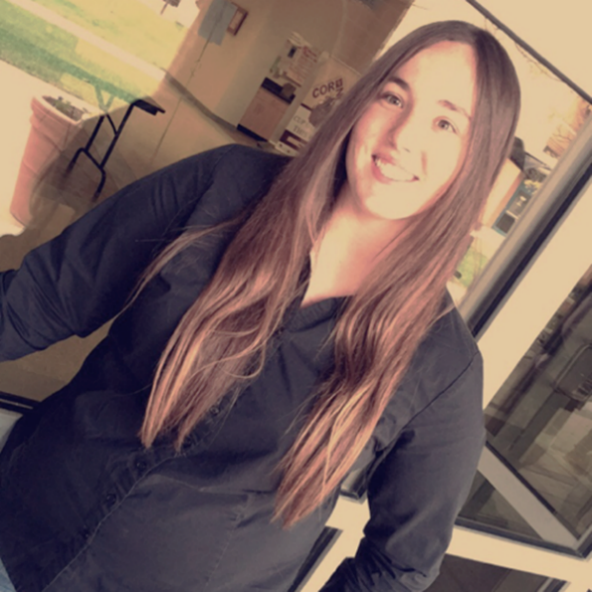If the phrases “prevent crises” and “save the world” appear in a job description, you can bet that START Intern Taylor Gibbons is going to apply. The University of Maryland senior hopes to use her communications aptitude to help others so she joined START’s Risk Communication & Resilience program this semester to further hone her skills and career ambitions.
For a recent term paper, she examined the media’s portrayal of lone actor terrorism. She utilized the Global Terrorism Database and START research in her analysis which found that, because there are no good predictive models for lone actor attacks, risk communicators are crucial and should focus on creating general awareness campaigns for the public. Gibbons especially admires the Department of Homeland Security’s “If You See Something, Say Something” campaign. She believes that this is one of the best examples of risk communication reducing risk and building community resilience.
“Risk communication is important because it creates a connection with the community. It needs to be done well and throughout all phases of a crisis”, Gibbons said. “People encounter risks everyday - it is the way that you disseminate the information itself that is so vital.”
Gibbons said that in her work, she attempts to explore the most basic ways that a risk communicator can share information appropriately and, through those actions, build public trust.
“The relationship between a communicator and public is close to my heart,” Gibbons said. “It takes work to build trust, and once you have that trust, you can’t take it for granted. You have to work to keep it.”
Gibbons also channels her intellectual curiosity and communication prowess through music. She has played the baritone horn for more than 10 years, even landing a coveted spot in the Baltimore Ravens Marching Band for seven years and counting. Gibbons is a self-proclaimed “huge fan, with a ripped out heart from this past season.”
When asked what she would like to highlight about her experience at START, Gibbons said, “If there is one thing I've learned from the privilege of conducting research here, it is that the best ideas come from different backgrounds - each individual's frame of reference and worldview - all come together to form compelling questions and create research that pushes our great society forward. To study terrorism and understand its causes is the first step in preventing it.”
